Featured 1
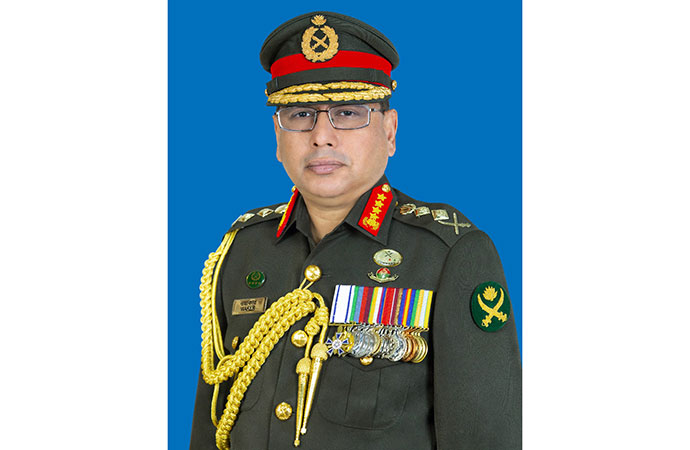
Army chief General Waker-uz-Zaman
Once again, it has fallen to the military to provide some clarity on matters of great importance that have nevertheless divided the nation in recent weeks. Army chief General Waker-uz-Zaman's Officers' Address on Thursday (May 21) drew interest from all corners, coming as it did after a particularly confusing fortnight during which rumours of a coup in the military ran amok.
In the end, General Waker's address served to highlight some clear points of disagreement between the military and civilian administrations, in particular the top brass in their respective establishments. But ultimately, those hoping for a confrontation to divide the country will have been disappointed, as he reaffirmed the Army's professional commitment to working in cooperation with the interim government.
Most notably, the Army chief maintained his stance that the next general election should be held by December - notably neglecting the 'December to June' timeline that the interim government's chief and others who are part of it have preferred working with. General Waker noted that his stance on elections remains unchanged, and that it is the right of an elected government to determine the country's future course. A range of current issues, including the much-talked about humanitarian corridor, port operations, and national reforms, came up for discussion at the durbar, where officers of different ranks stationed in Dhaka attended the programme in person, while many from outside the capital joined virtually.
Responding to a question about discussions on facilitating a humanitarian corridor to the Rakhine state in Myanmar, General Waker-Uz-Zaman said the decision on a humanitarian corridor should come from an elected government and must follow the due process. Here, national interest should be prioritised, and any action should safeguard the national interest, he said, adding that whatever is done should be through a political consensus.
The Army's discontent over the interim government's apparent decision (although only 'in principle') to allow the corridor has been known for some time. Earlier in the week, he had let this be known during a meeting with a US delegation including Charge d'Affaires Tracy Ann Jacobson. General Waker clearly stated that the corridor could only be considered if Myanmar's Arakan Army agreed to take back the Rohingyas currently residing in Bangladesh. National Security Adviser Khalilur Rahman however, later came out and more-or-less put the idea to bed.
General Waker also touched upon another burning issue of recent times, that of transferring operational control of the New Mooring Container Terminal (NCT) at Chattogram Port to a foreign company. Namely, DP World, the UAE-owned port operator with which the interim government has been in talks, with the company's chairman even having visited Bangladesh during the BIDA-led Investor Summit. The Army chief said such a decision requires inputs from both the public and political leaders, and as such, should be handled by a political government.
This may draw more pushback from the interim government, which is eager to leave a mark during its administration, and converting Chattogram Port into a world class logistics hub is one of its key economic goals. While the Army is certainly a stakeholder in the issue of allowing the corridor, since humanitarian corridors tend to be essentially military operations, here the IG may feel the military is unnecessarily tying its hands. We will watch and wait to see what develops in the days ahead.






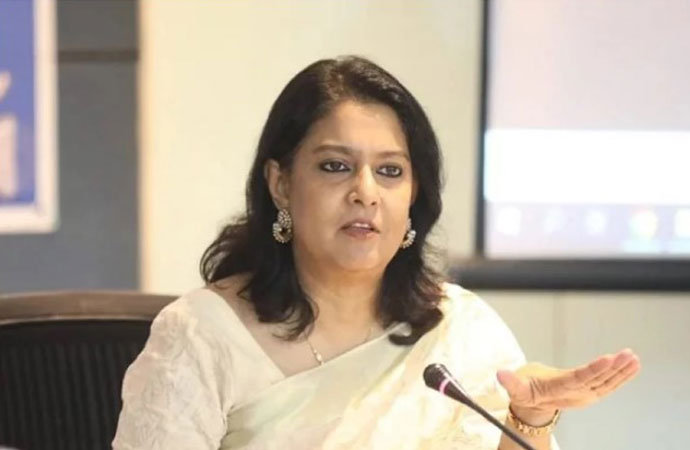

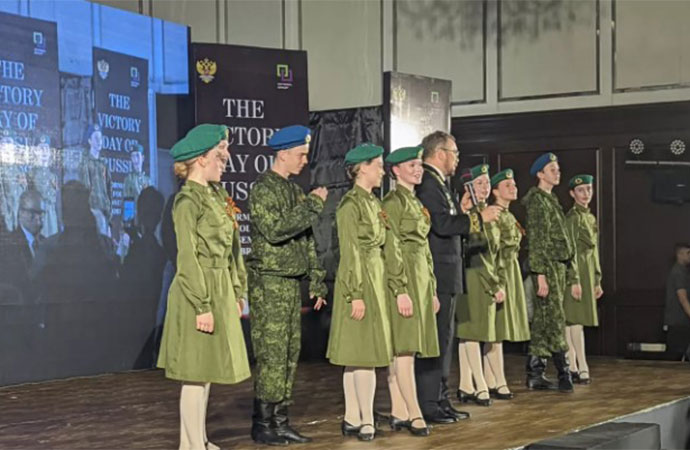
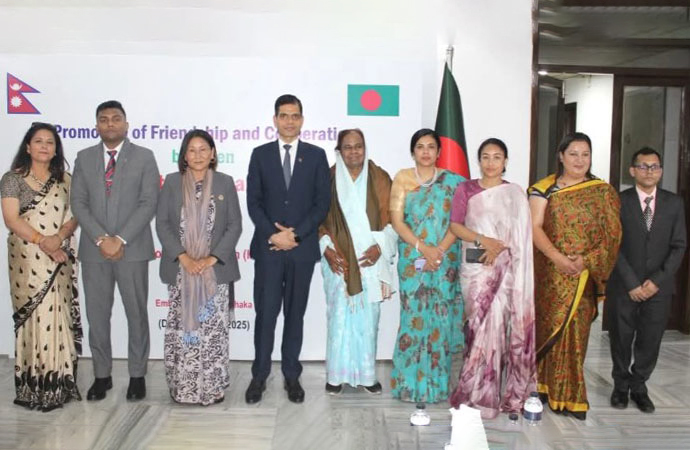




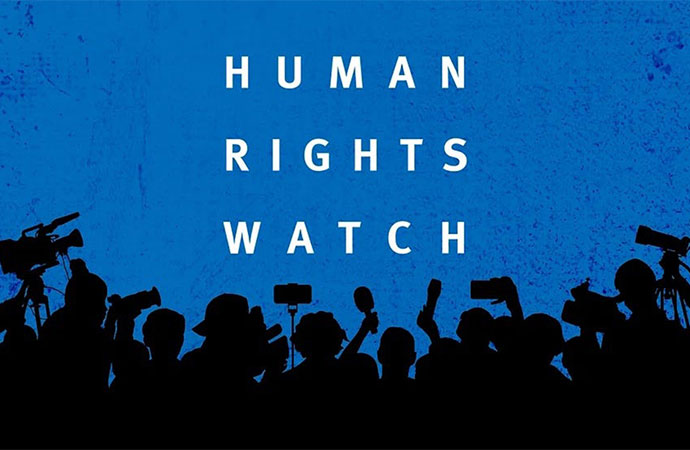
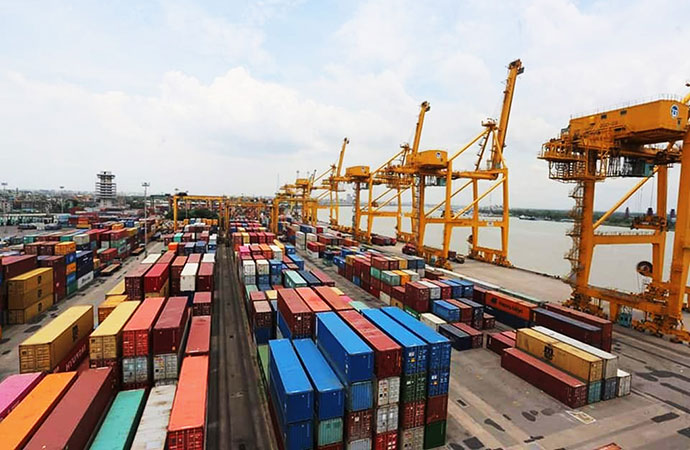



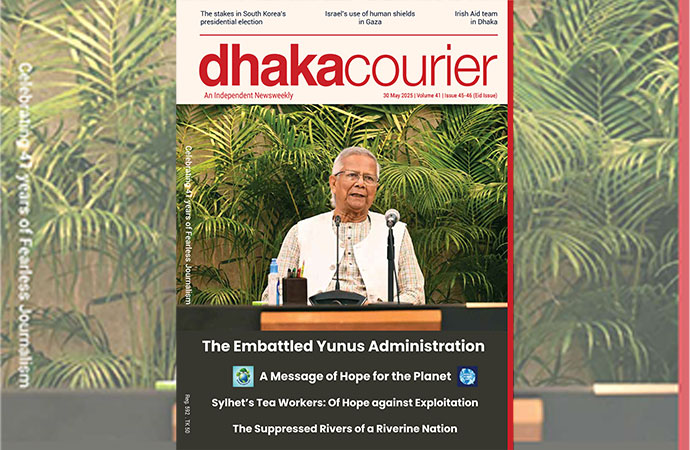
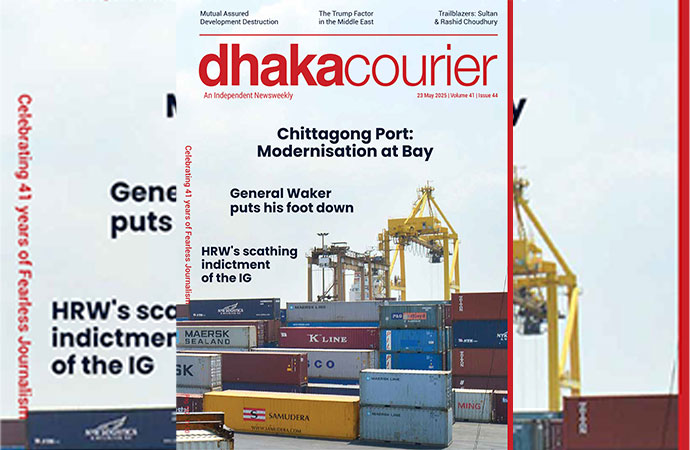

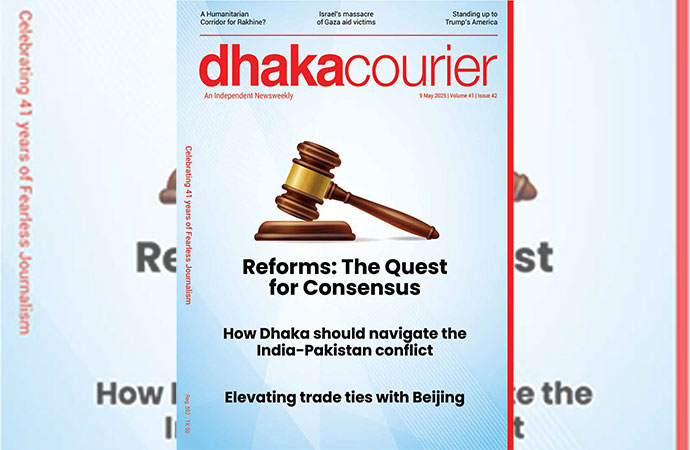
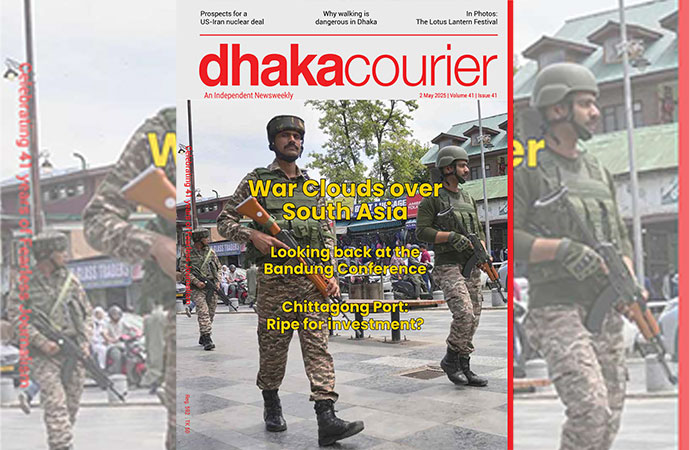

Leave a Comment
Recent Posts
Enayetullah Khan to represent ...
Enayetullah Khan, Editor-in-Chief of United News of Bangladesh (UNB), ...
The tragedy in Ahmedabad touch ...
Air crashes are inherently international incidents, and the emotions t ...
Asset recovery a key focus; breakthroughs from talks ..
'It'll inspire youths to build Bangladesh they dream ..
UK envoy Sarah Cooke happy with Yunus’ visit to Brit ..
Prof Yunus honoured with prestigious Harmony Award b ..